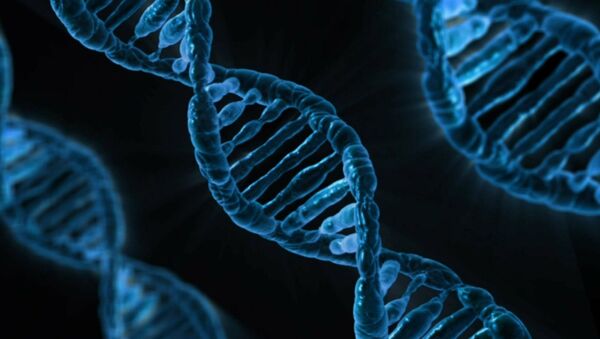A team of scientists in London, led by Dr Kathy Niakan has made the request. The researcher said her team wanted to use gene editing to provide "fundamental insights into early human development".
Genetically modifying embryos to eradicate diseases is currently illegal in the UK – but it remains possible to explore this biological field under a licence from the HFEA and using a technology called CRISPR/Cas9 which is a technique that can precisely target DNA and modify it.
Scientists use CRISPR/Cas9 to successfully modify T cells to help fight diseases http://t.co/0HmCcP8x4o pic.twitter.com/eo54fFhnuG
— Long Life Genetics (@Giorgiolonglife) September 20, 2015
CRISPR/Cas9 technology has rapidly developed in the last three years and now researchers are keen to see how it can be used in humans in the future.
Dr Kathy Niakan and her team of scientists from London’s Francis Crick Institute told the Guardian that they would like to use the technology to switch genes on and off in embryos in their developmental stage. They would then examine what effect this has on cells in the placenta.
Essentially, using the research to see why some women experience multiple miscarriages.
"By applying more precise and efficient methods in our research we hope to require fewer embryos and be more successful than the other methods currently used," Dr Niakan said.
What is genome editing and how does it work? http://t.co/0CNiDtAPxD pic.twitter.com/nQsKJikl8a
— Wellcome Trust (@wellcometrust) September 10, 2015
Under UK law, embryos can only be studied for up to two weeks. In this research experiment, scientists would only use embryos donated from people undergoing IVF.
"It is essential to study the function of these human genes in the context of the embryo in order to fully understand their roles," Niakan told the Guardian.
However, it emerged in April that a Chinese team of scientists had already used the CRISPR/Cas9 technique to genetically engineer human embryos, prompting a debate among ethicists, scientists and policy makers as to how far this research should go.
Genetic modification of human embryos for research "essential" says influential group of scientists and ethicists http://t.co/3aTV8KUsMr
— The Crick (@TheCrick) September 10, 2015
Ewan Birney of the European Bioinformatics Institute told the Independent:
"I am concerned by this study. Using the gene-editing technology CRISPR/Cas9 in human embryos is unacceptable in the UK ethical framework."
The HFEA has confirmed it has received the application for gene-editing under a license using CRISPR/Cas9 and "it will be considered in due course". If given the go-ahead, the UK’s genetic experiment on embryos would be a world first of such research by a regulatory body, potentially paving the way for many more.




